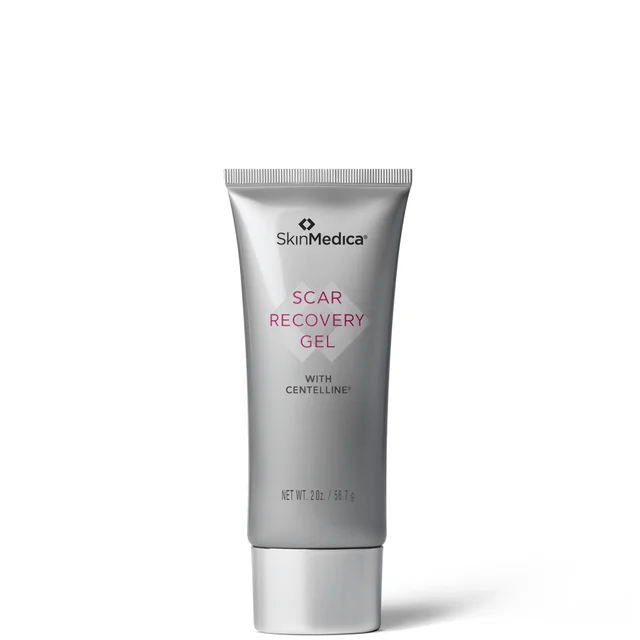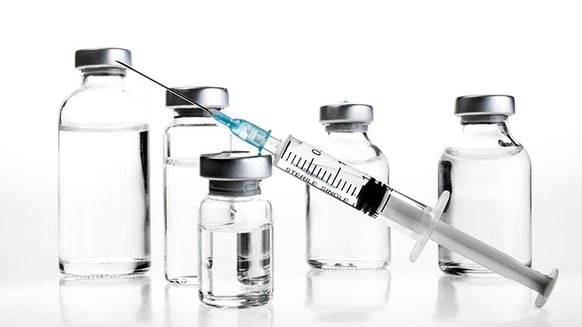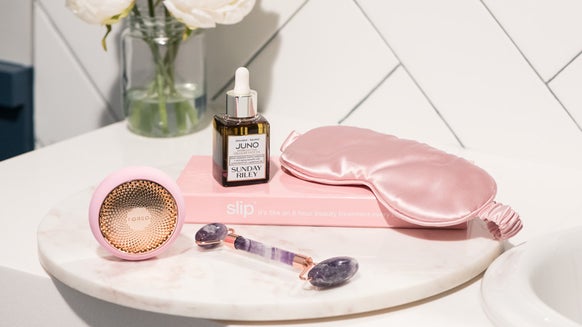Special Skin Care: Post-Surgery Bruising Treatment
Like after most surgeries, bruising and swelling in the days—and possibly weeks—following cosmetic surgery is completely normal. Even with the skillful hands of a surgeon, a cosmetic procedure still constitutes a type of trauma from which your body must heal. In addition to following all post-care recommendations provided by your doctor, there are a few things you can do to ensure a speedy recovery.
Causes of Post-Surgery Bruising
Surgery—even minor procedures and some injections—makes your body react as if it's been injured. Your body can't distinguish between falling down and scraping your knee and a doctor taking a scalpel to your chin. Fluid rushes to the "injured" region, causing swelling. Bruising occurs as the surgery causes tiny blood vessels—known as capillaries—to burst. The blood from these vessels sits right below the skin's surface, creating blue, black or purple discoloration. The extent of your bruising depends on the procedure and the methods used by your surgeon. Even some injections, especially those done at the lip area, can cause bruising. Bruises generally last seven to 10 days, but can hang around for as long as three weeks.
Direct Treatment of Post-Surgery Bruises
Keep all dressings and compresses on the wound site until your doctor tells you to remove them. Your doctor may suggest an application of Vaseline to the surgical site; massage it in gently to prevent pain associated with the bruises. If you had a procedure performed on your face or neck, sleep with your head elevated about 45 degrees for the first few weeks. While this doesn't directly heal any bruising, it does help reduce the swelling that can make bruising appear worse. Apply ice packs to the bruised area, if approved by your doctor. This helps shrink blood vessels and may lighten the black-and-blue hue. Avoid heat, as it will open up the blood vessels and make your bruising appear more extensive. If you have a lot of redness around the site of the procedure accompanied by pain and fever, or the treated area feels hot, contact your doctor immediately. This could be a sign of infection.
Post-Surgery Self Care
Take care of yourself post surgery to allow your immune system to work its best. Don't smoke for at least a week, and avoid drinking alcohol for the first 48 hours after the operation. Certain anti-inflammatory medications and aspirin can worsen the appearance of bruising, as well as cause bleeding; ask your doctor what you can take for pain. Keep the bruised areas out of the sun, since this can deepen their color. Stay fully hydrated after your surgery to encourage a reduction in swelling and avoid strenuous activity in the first few weeks after surgery to support healing.
When to Resume Normal Activity
Resuming normal activity soon after surgery is essential to promote healthy circulation and discourage the development of clots. Get up and go to the dinner table; leave your bed, even if the bruising makes you self-conscious. After a couple of days, it should be fine to apply makeup to mask bruising. Clear this with your doctor first, and stay away from open wounds or stitches. In some cases, your doctor may even offer a special, camouflaging makeup to cover the bruising.
This article has been reviewed by oculoplastic surgeon Dr. Matheson Harris.

From the latest hair and makeup trends to the best solutions for your skin issues, we've got all your beauty concerns covered!










